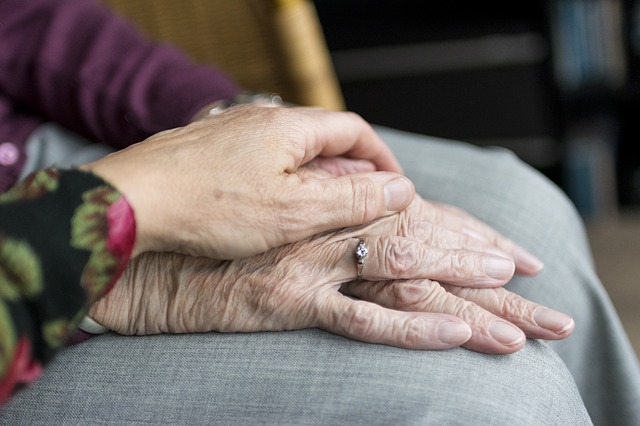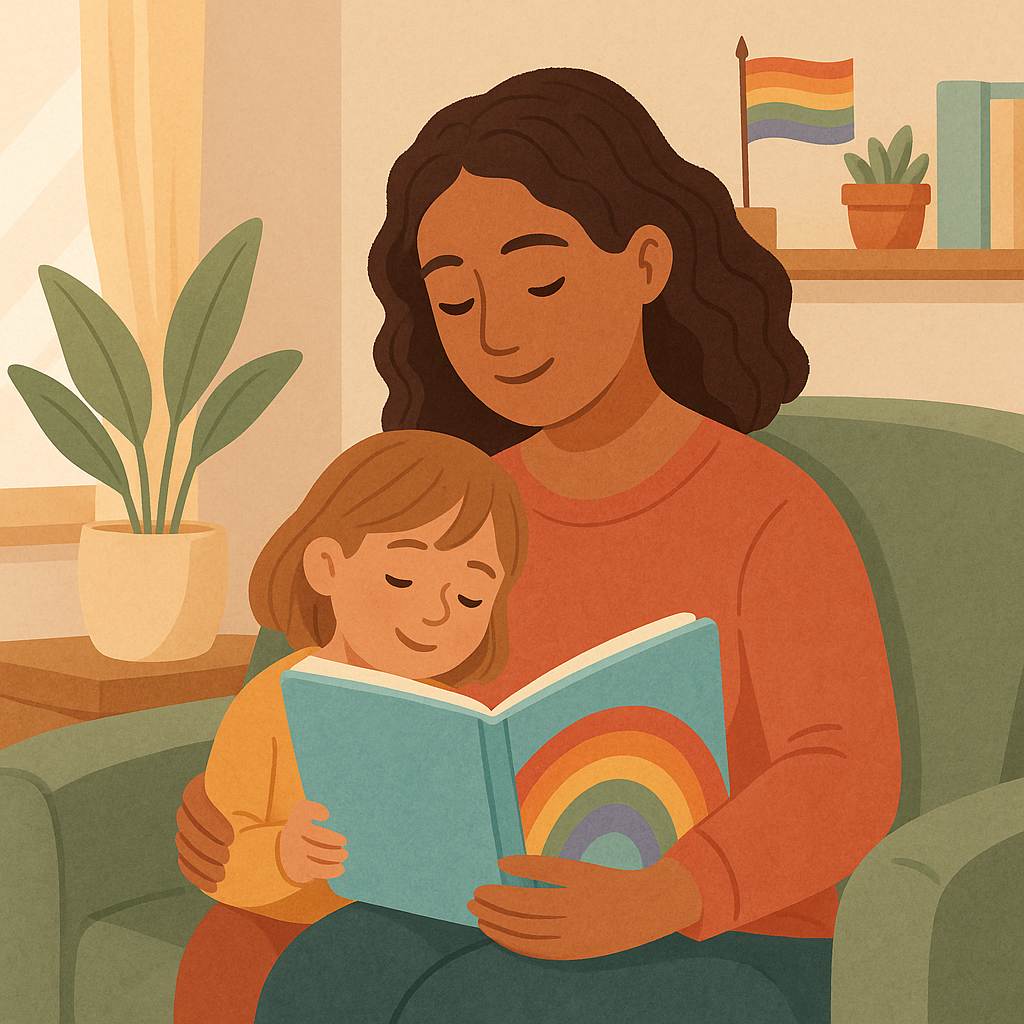It’s confusing and sometimes even awkward to know when to step in and look after a relative who is elderly. After all, they more than likely took great care of your health, wellbeing, and safety at one point. And now as independent adults, the thought, for some, of someone else trying to support us again may feel to an extent degrading. Which is why approaching this subject, for many, is naturally quite tricky.
If you feel as though a few red flags have revealed themselves in your parents, or grandparents behavior recently, you may be wondering if, where and how to begin to look after your loved ones without ruffling too many feathers. For a few steps to ease into the subject of how to take care of your parents, start by reading this guide.
Assess Their Needs
As we age, our minds and bodies are not what they once were. We become tired quickly, it’s harder for us to bounce back from sick bugs as our immunity depletes with age, and we may not have the capacity for self-care as we once did.
To gain a better picture of your family member, think, and write down, a few scenarios that lead you to believe they may need help. This will help you to establish the severity of their situation, and whether immediate intervention is necessary. Or perhaps a quick chat with them to ask how things are going, and if they want you to help with a few errands.
For instance, you may have noticed they are forgetting essential things lately, a couple of times of this type of behavior is understandable for most people of all ages. However, if this behavior is consistent, this may warrant the need for further support.
Once you’ve noted down the reasons why you think your parent’s wellbeing needs protecting, you can begin to build a picture of what level of help is necessary.
Health Check
Perhaps your family member is quite avid with attending the doctors for check-ups. In this case, you may ask just to accompany them to get an overview of what the doctor thinks about the behavior they’ve been exhibiting, and whether any of their health issues (if any) could be a cause for concern.
This will help support your idea of whether or not your loved one reasonably needs help at this point in time, and whether any incidents that have occurred recently are anything to worry about.
If however, the doctor urges that they do need help, you must take this on board as you owe a duty of care to your relative. If you’re unsure about the doctor’s diagnosis of your parent, you may wish to gain a second opinion.
Would They Like Your Help?
An essential step of deciding how to take care of the elderly’s wellbeing is to ask them privately if they think they need any assistance. Perhaps you could ease into the conversation by referring to how you have requested a member of the family or a professional to help you with something. This is an attempt to approach the conversation in a way that will prevent provoking an adverse reaction from your parent. In the best case scenario, they may open up to you and express how and what they think they need help with to improve their lifestyle, which will give you an indication precisely what they need.
This is an excellent opportunity for you both to work together on mutual ground. However, in reality, this option is not always the case, as some people are quite prideful and private and would prefer not to disclose any personal information. In which case, it is up to you from your findings throughout this guide so far to establish whether or not help is urgently necessary.
Ask For Help
If you are uncertain about whether your parents need help, don’t rely solely on your findings and intuition, seek advice and help when you can. You can recruit other family members, your partner, sibling, or cousins.
When you’re stuck in your own bubble trying to work out if there’s anything wrong with your parents, your perception of your parent’s health and capabilities may be exacerbated. Gaining other opinions can help us to gain a better perspective to balance out what is and isn’t necessary for terms of supporting them.
Furthermore, consult professionals, be it doctors or care workers to identify your concern and ask what constitutes normal behavior and health. For instance, if your parent experiences a fall, this doesn’t necessarily mean they fall because they are older.
People of all ages fall all of the time, it may have just been an accident and not something likely to reoccur. However, if they were severely injured, a younger person may bounce back into good health with ease. Elderly bodies are less likely to do this; therefore, if they live alone, it may be advised you care for them until they’re fit and well.
Research And Education
Depending on the type of care your parents need, what illnesses they have, and what your parents’ wishes are, this may call for you to research how best to take care of your parents. For instance, if your parent is prone to leaving the hob on with a frying pan on top of it, and they live in an apartment building, you may wish to research safer cooking appliances for their home.
Alternatively, you may look for assisted living accommodation to watch over and safeguard your parents. In another instance, if your parent has dementia, you may know little about this illness and wish to seek Dementia Support and learn how best to take care of your family member.
As your parents require help at this time in their life, you do too. It’s familiar for people who are taking responsibility for their parent’s health and wellness to in some cases burn the candle at both ends. This renders you of no use to anyone. Which is why it’s essential not to push yourself too far and relieve the load between other family members and professionals if possible. In doing so, you can recoup and take care of your duties for your parents the best you can.


